Amid Ukraine conflict, Russia’s FM warns a 3rd World War would be nuclear
Russia’s Foreign Minister Sergei Lavrov has warned that if a third World War were to take place, it would involve nuclear weapons.
Commenting on Russia's operation inside Ukraine, the foreign minister told Tass news agency on Wednesday that Russia would face a "real danger" if Kiev acquired nuclear weapons.
Russia will not allow Ukraine to obtain the weaponry, the top Russian diplomat said, adding that the ongoing special operation aims to keep Ukraine away from such a scenario.
Moscow has already demanded assurances that NATO will refrain from stationing troops near its borders and deploying missiles and nuclear weapons.
In a video address to the Geneva conference on disarmament on Tuesday, Lavrov said the presence of US nuclear weapons in a number of European countries was in contravention of the Non-Proliferation Treaty (NPT) and that such weapons must have long been returned back to the American soil to prevent a new round of an arms race.
In the Wednesday remarks, the Russian foreign minister also accused Kiev of delaying peace talks at the behest of the US and NATO.
Lavrov said Russia was ready for Western sanctions but that it did not expect the West to target its athletes, journalists and representatives of the cultural sector.
The Russian offensive against Ukraine has now entered its seventh day, with fighting intensifying in the capital Kiev and in other big cities. The “special operation” in Ukraine was to demilitarize and “de-Nazify” the country, a justification dismissed by Kiev and the West as propaganda.
Moscow now claims to have taken over Kherson, a southern Ukrainian port city on the Black Sea.
Ukrainian officials deny the claim and say fighting continues for the port. The Ukrainian army has also reported street battles in the second-biggest city of Kharkiv, where Russian paratroopers have landed.
On Tuesday, Ukraine reported the death of five people in an airstrike on a television tower in Kiev. Officials put the overall civilian deaths in Ukraine at over 2,000 so far.
In fresh remarks, Ukrainian President Volodymyr Zelenskiy said almost 6,000 Russians have lost their lives, a claim that has not been verified.
Russia's Defense Ministry has said 498 Russian troops have died in Ukraine since the beginning of the military operation. The ministry has also said more than 2,870 Ukrainian soldiers and "nationalists" have been killed and about 3,700 wounded. It was the first time that Moscow announced its casualties.
The Russian Defense Ministry says its forces have destroyed over 1,500 Ukrainian military targets, including sixty planes. Ukraine denies suffering military losses on such a scale.
Meantime, a second round of talks between Russia and Ukraine was scheduled on Wednesday. Previous talks failed to produce any breakthrough. Ukraine says Russia must stop bombing cities before meaningful talks on a ceasefire could start. Russia says it sees no desire on the part of Ukraine to try to find a balanced solution.
On the sanctions against Moscow, US media have reported Washington is preparing further curbs on Russian oligarchs as well as their companies and family members.
The European Union has already excluded seven Russian banks from the global SWIFT payments system. The 27-member bloc has also banned two major news networks, namely Russia Today and Sputnik.
In recent days, Russia has retaliated with sanctions and restrictions of its own. Experts say Russia will try to ease the pain of sanctions by taking extra measures. Those moves could include relying on energy sales, gold reserves, crypto currency, and Russia’s relationship with China.
The conflict in Ukraine is forcing tens of thousands of people to cross the borders for refuge.
According to UN estimates, roughly 830,000 Ukrainians have already fled to neighboring countries. Nearly 160,000 people are said to have crossed the borders since Tuesday. The UN refugee agency has warned that a surge in refugees could possibly reach one million within hours.
Currently refugees have been accepted into countries that have followed a hard stance on non-European migrants such as Poland, Hungary, and Austria, among others. The EU has announced plans to give concessions to Ukrainian refugees. Some member states are even planning to grant Ukrainians protection, residency, and access to employment.
1,900 attacks recorded in January as Israeli violence intensifies in West Bank
Hamas condemns treatment of Palestinians at Rafah border, calls it ‘organized terrorism'
VIDEO | Press TV's news headlines
India has made no official move to halt Russian oil imports: Kremlin
Iran’s biotech leap into global elite club of seahorse breeders
World scholars, thinkers express support for Ayatollah Khamenei amid US threats
Hezbollah leader warns of ‘existential threat’ amid US-Israeli disarmament push
Vietnam preparing for possible US military aggression: Leaked report


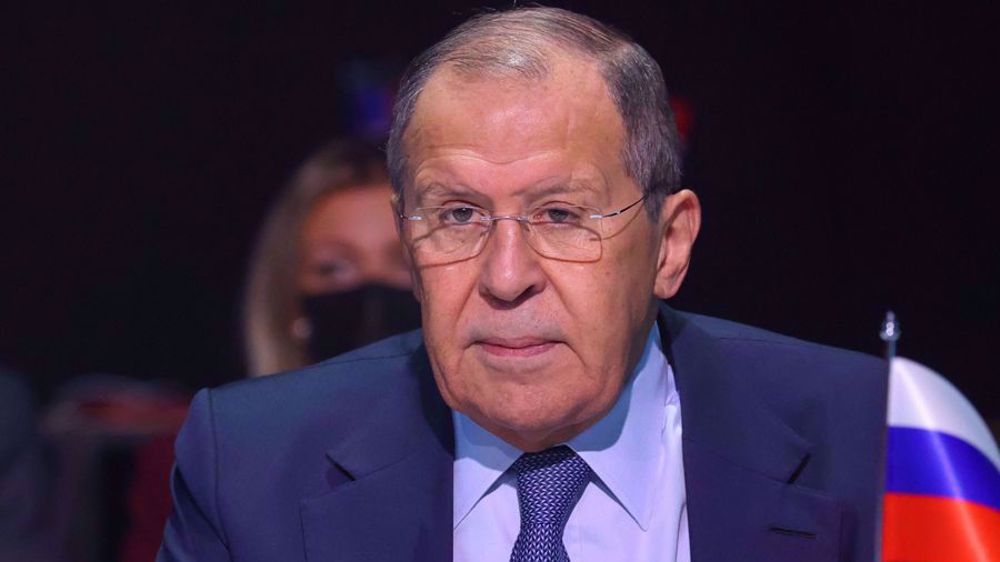
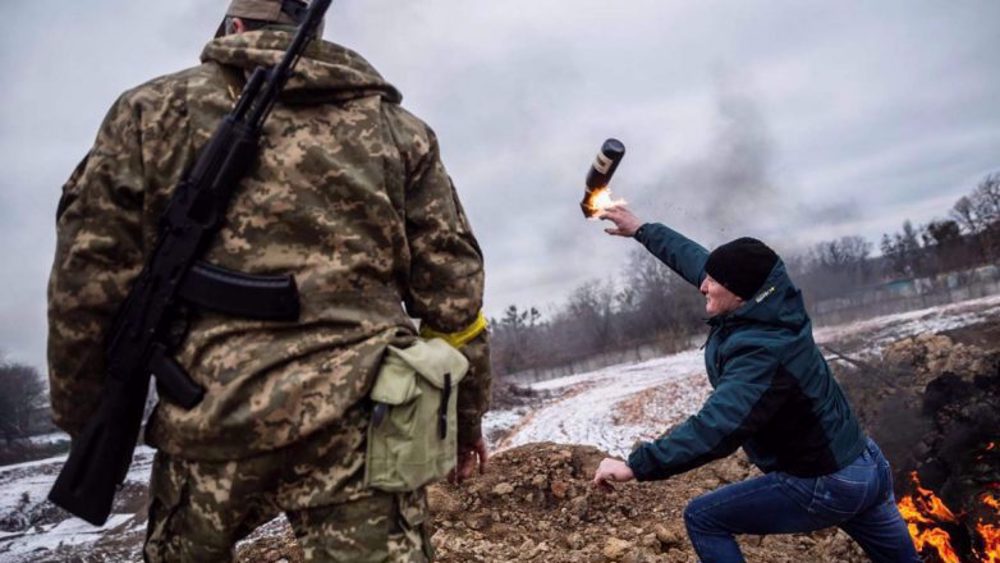
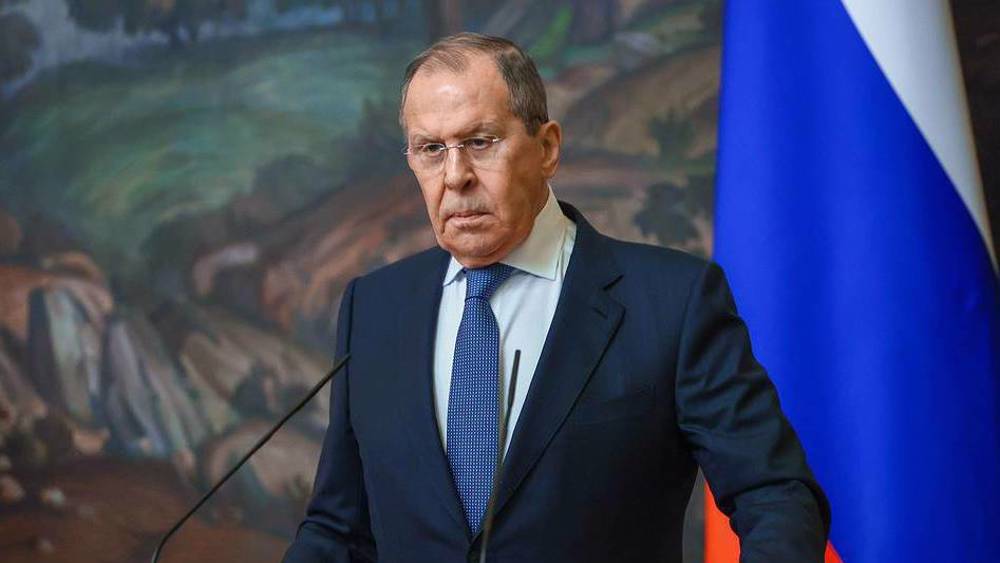
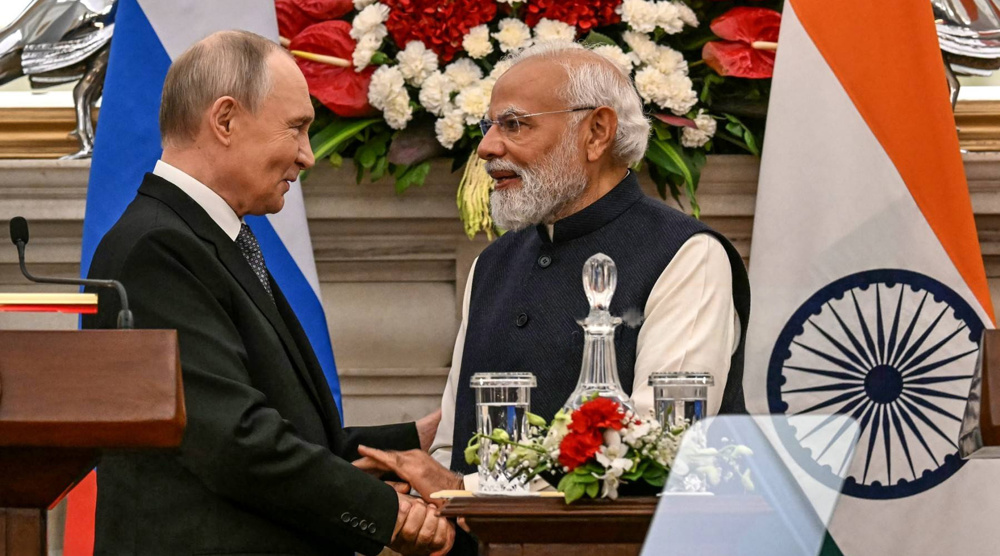
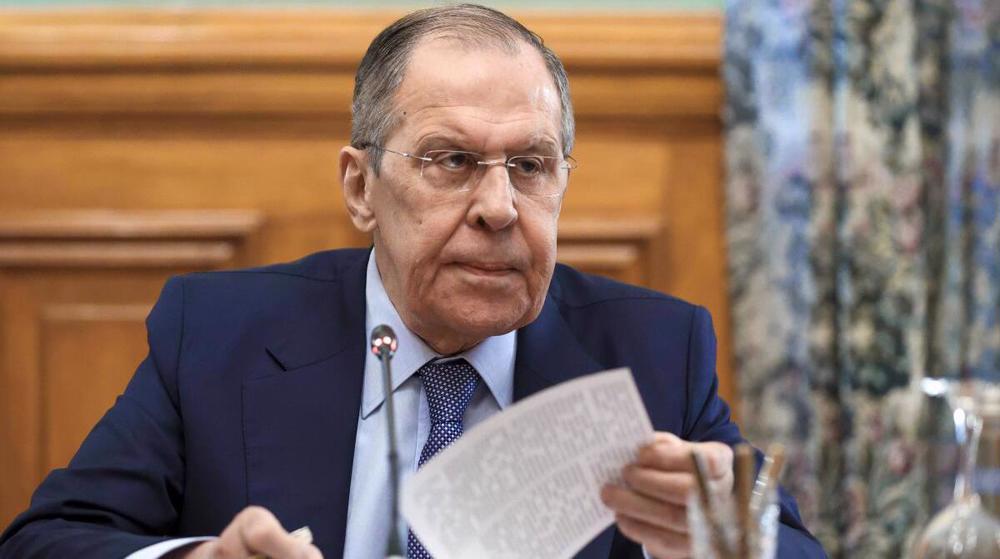
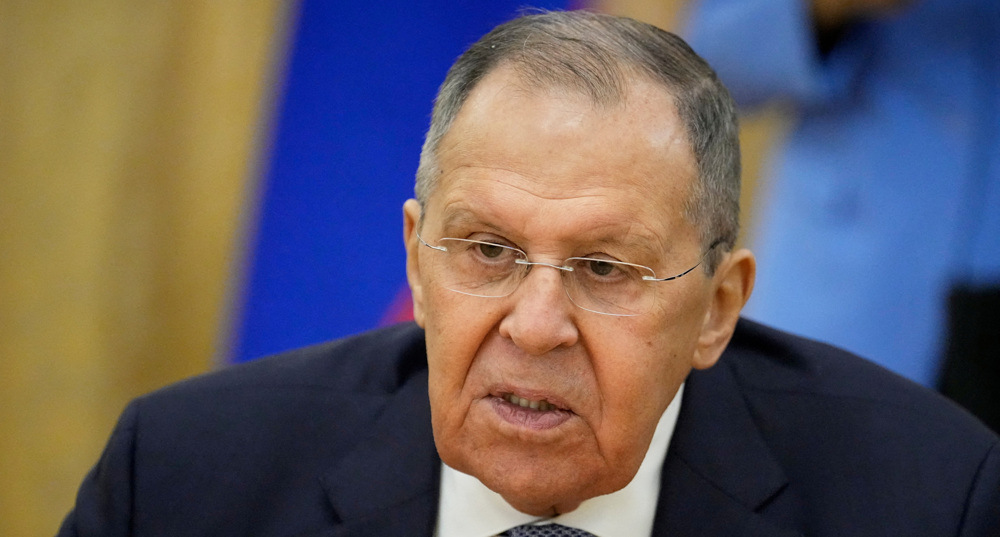



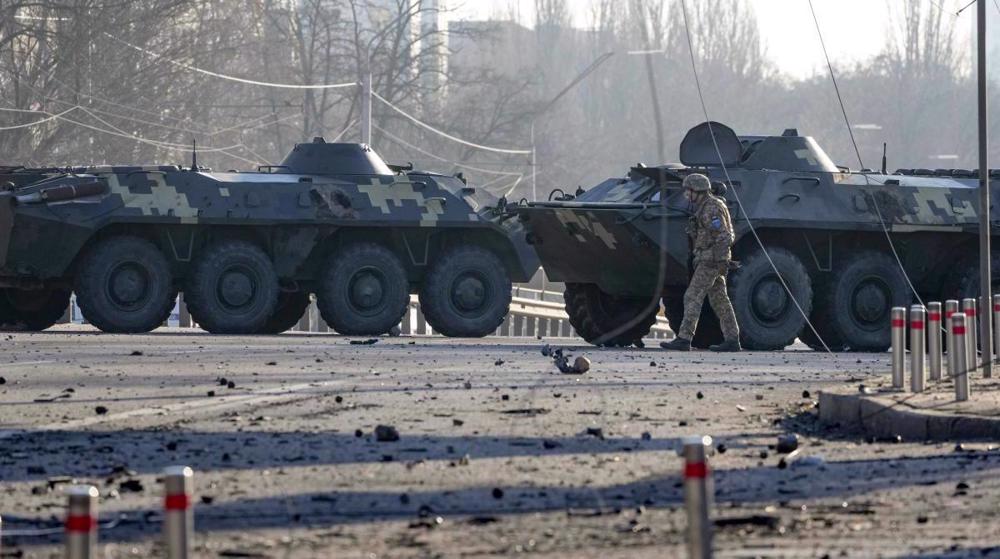
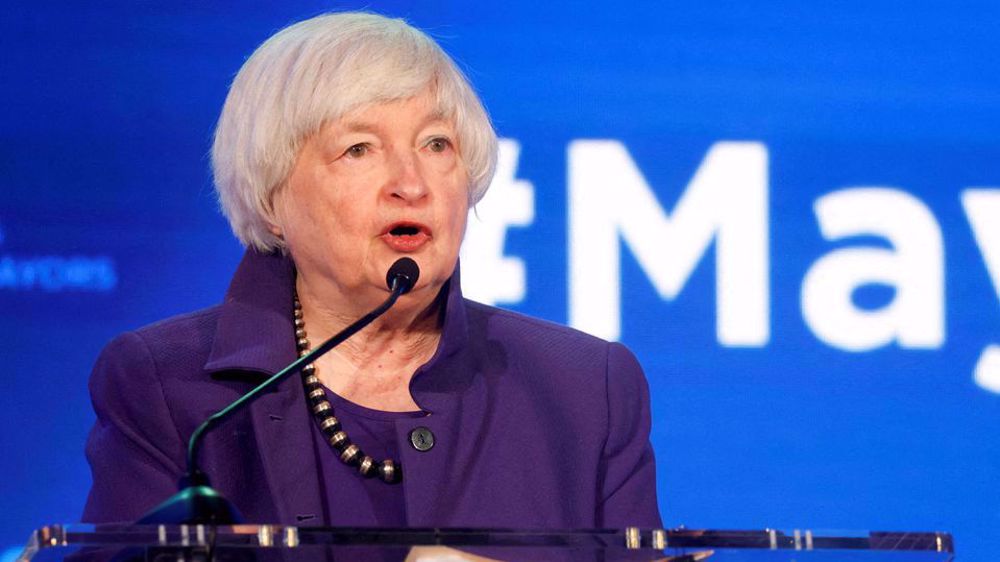
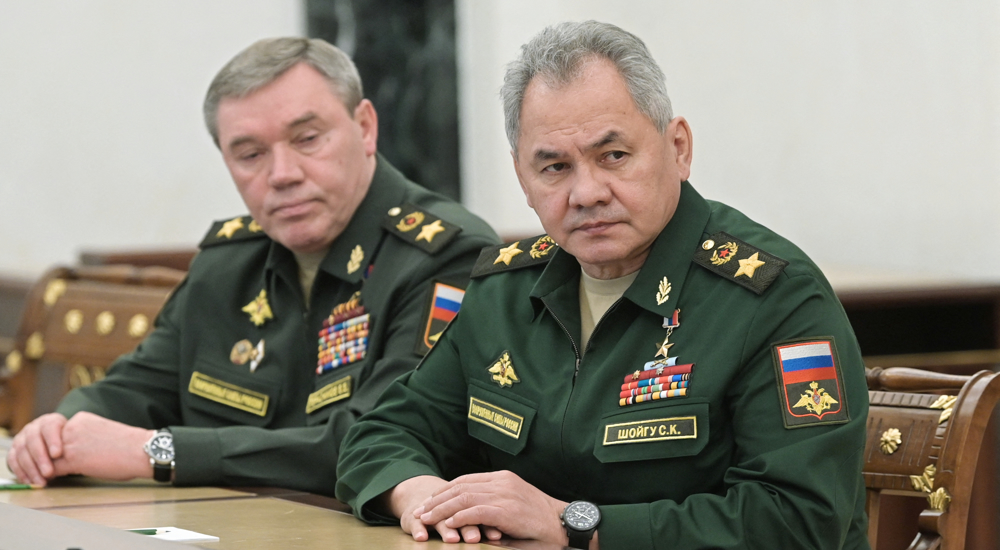
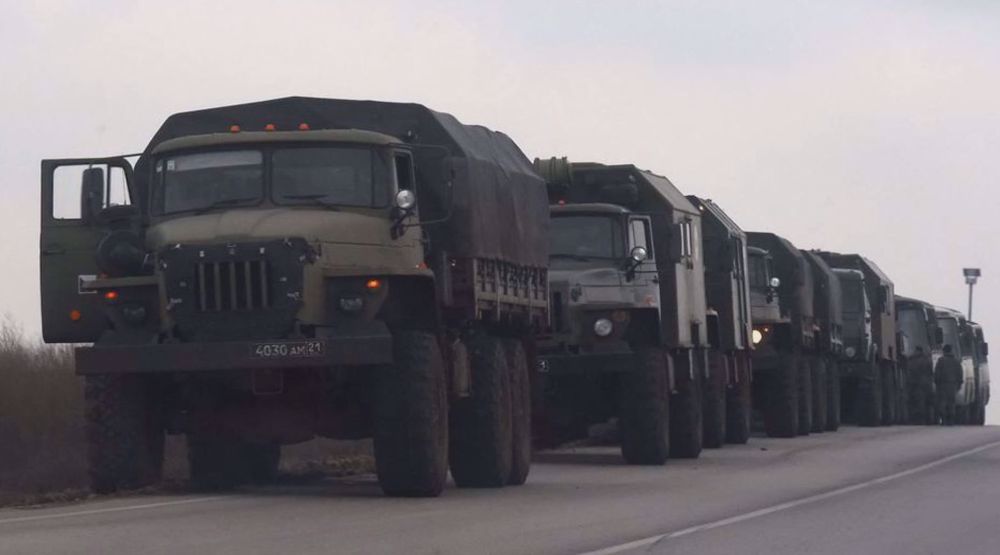
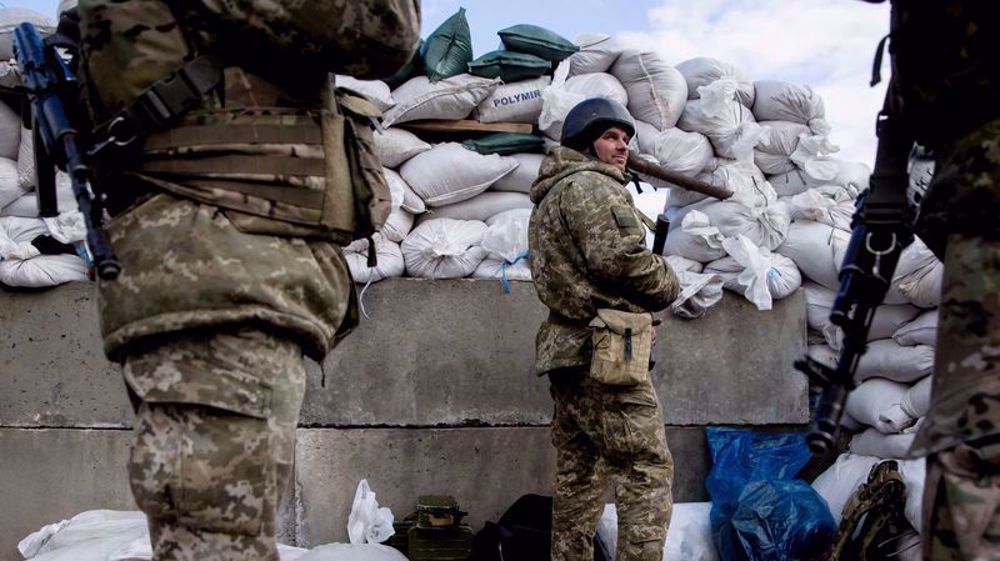
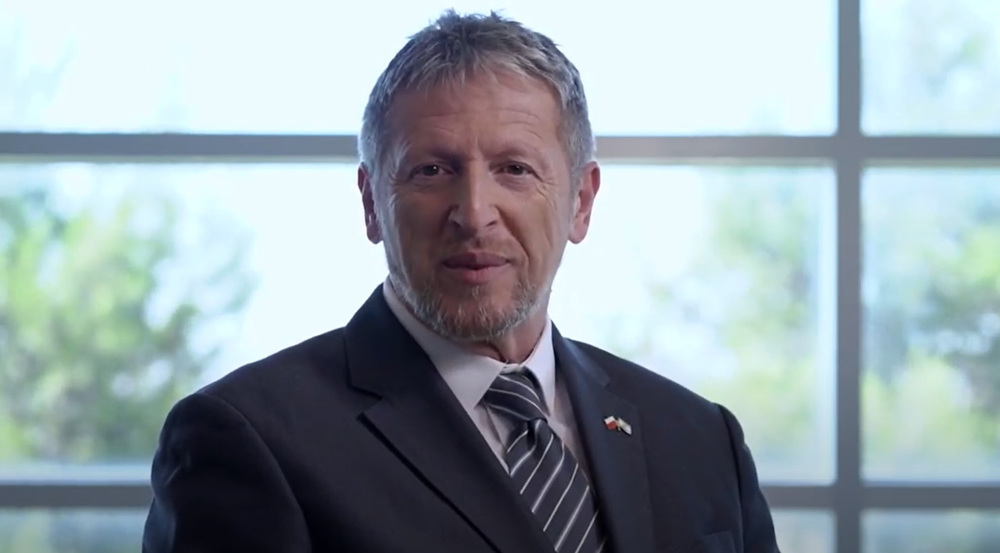
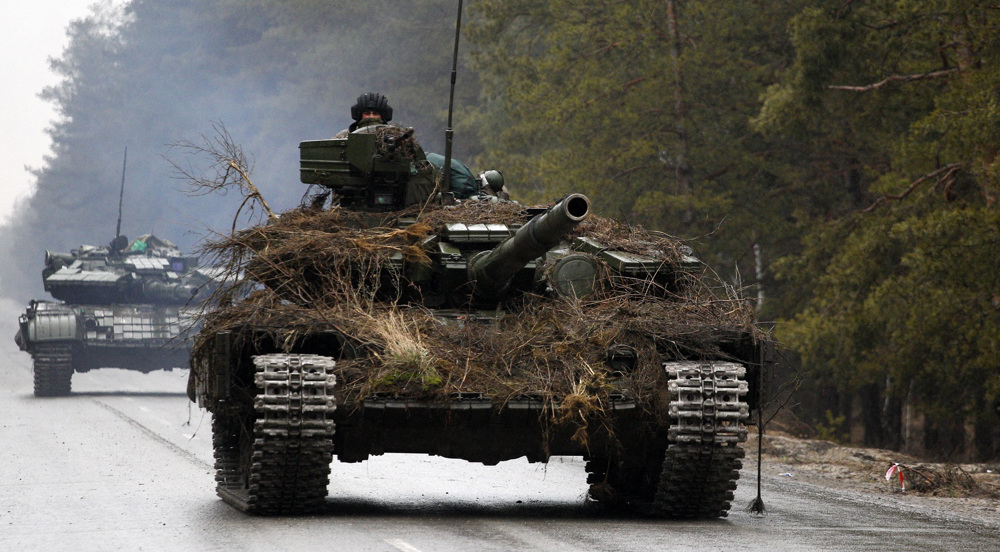
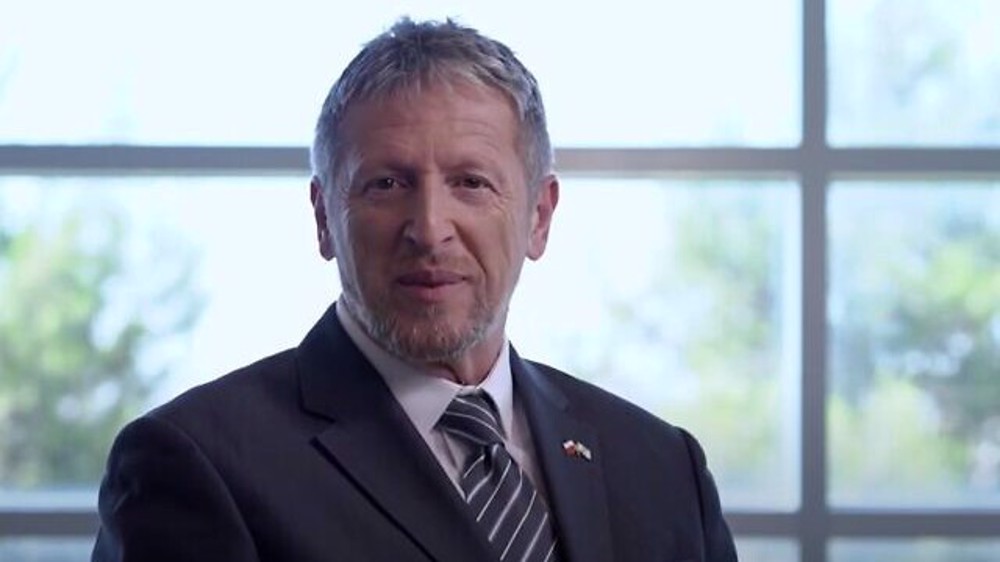

 This makes it easy to access the Press TV website
This makes it easy to access the Press TV website